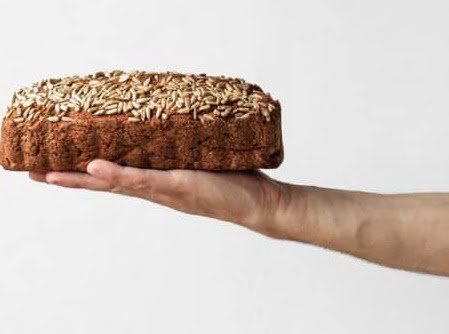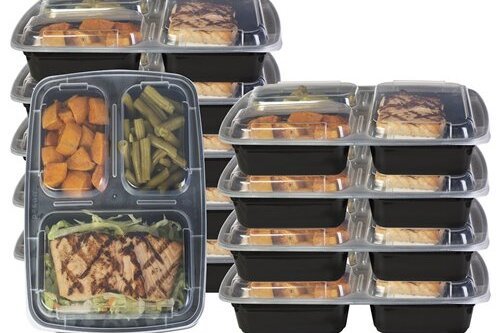Fundamentals of Fat Loss (Part 1)
There are so many aspects to nutrition, it can become really confusing – but we are not going to let that happen. Here are ten fundamental principles that need to be obeyed in order to lose weight. These tools will assist you in making healthy choices and help you reach your weight loss goals.
This is a 3 part series, with a total of 10 tips. Start to incorporate these habits into your nutrition plan.
1. Energy: It is ultimately this simple, you must burn more calories than you take in every day. Exercising, different types of movement, and healthy dieting will be the crucial steps that you take towards making that scale budge. These things will help you in burning more calories throughout your day. However, eating too much of any food, even healthy ones, will result in extra unwanted weight gain. By lowering your caloric intake, you will have a little extra room to fit in a reward from time to time. These rewards can consist of just a little bit of junk food and are called ‘cheat meals’. Sometimes giving yourself a little wiggle room will encourage you to stay on track.
2. Eat natural, unrefined, and unprocessed foods: This is what will determine whether you lose weight or if you end up losing muscle too. It is important to include supportive foods such as protein, complex carbohydrates and fibrous carbohydrates. You can find these in a lot of one ingredient foods like apples, chicken, and spinach. Your goal should aim for high nutrient, low calorie foods. This is going to help you achieve your ideal body image.
3. Portion size: Be very aware of how much of each ingredient you measure into the meals that you cook. Knowing the calorie count in each food will make or break your diet, not knowing can really slow down your weight loss process. With each meal that you personally dish up, focus on portion control. There is more information on portion control later on in this article. If you are eating out, ask for a doggy bag when you get your meal and put at least half in the bag at the start of the meal. This will help you with your calorie intake and avoid overeating.
4. Lean Protein, Supportive Carbohydrates and Healthy Fats: Try to incorporate lean protein and carbs into each meal. Balancing your macro-nutrient ratios (protein/carbohydrates/fat) will help your diet to equal out and benefit your body the most. All three of these are necessary in everyone’s diet.
– Carbohydrates: This is going to be your first source of fuel, especially when it comes to exercising. If you work out on an empty tank, one without carbs, your body will steal from the only thing left over, your bodies supply of protein. Stealing the protein from your body will counteract just what you are trying to do, build up your muscles.
– Protein: These are the ‘building blocks’ of your body, and next to water the most beneficial substance. Protein helps to build and repair tissue. It also provides you with energy and assists your immune system. A little protein can go a long way.
– Fats: Not only do fats provide you with antioxidants and nutrients to help with cellular repair of joints, skin, hair, and organs. They also slowly release energy to help supplement your body.
How to choose your protein, carbs and fat
- Plate Ratio: Use this to help you know exactly how much should be on your plate at meal time. Divide your plate into thirds. One of the thirds should be a carbohydrate source full of fiber, like broccoli or bell peppers. The second should be rich in starchy carbohydrates, a good source of this would be brown rice or potatoes. Lastly, there must be a protein source on your plate, try fish or a type of meat.
- Lean Protein: By eating a lean protein with each meal, you will stay fuller longer. This is because lean protein takes longer to digest. A few examples include: eggs, dairy, beef, chicken, and fish.
- Nutrient Dense Carbs: By eating these, you will be providing your body with more to eat on fewer calories. Because of the density, you will find yourself staying full longer. Veggies are the best choice of nutrient dense carbs, but fruits come in next so loading up on both of these is a great idea.
- High-fiber foods: These are all the healthy, colorful foods that stare you down in the grocery store. Try and sneak in at least five grams of these into each meal.
- Eliminate Sugars: Both simple and refined sugars will be sure to disrupt your metabolism, especially when you are trying to lose weight. Keep in mind that processed foods are extremely high in calories but have no nutritional value so they are best to avoid. The processed carbs in these can also change your blood sugar levels which will lead to hunger and fatigue. Ultimately these sugars and carbs will result in fat storage and slow metabolism – two very frightening things.
Stick to a healthy and supportive diet and you will be feeling and looking better in no time. More to come, but start working these principles into your daily nutrition.








